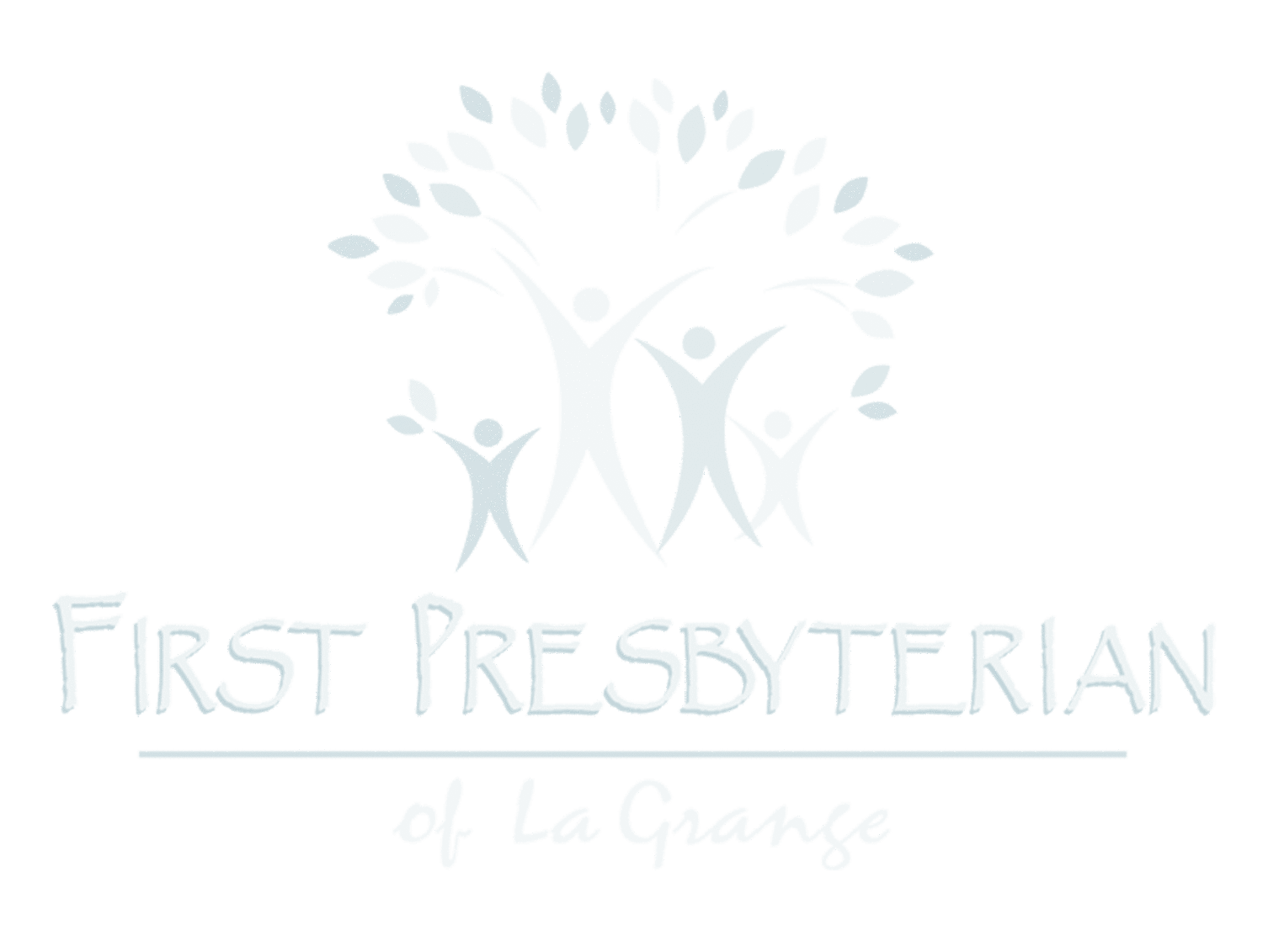Dear Diversity Discoverers:
I had gone to the store with my father. I was about six. My brothers stayed home playing basketball. The concrete in front of my parents’ two-car garage was level and nearly large enough to play a half-court. They had chalked out the key, lane and free-throw line; this was before the days of the three-point shot.
Returning from the store in my dad’s pick-up, we couldn’t pull all the way up to the garage because there was a game in progress. My brothers had invited new neighbors for some two-on-two—they were the Collins brothers, Randy and Ralph.
I only remember this moment because our next-door neighbor, Mr. S, was standing in his yard screaming at the boys. According to him, they weren’t supposed to be in our yard, they weren’t supposed to be in our neighborhood, they were supposed to go back to the African jungle. The Collins brothers were black, and Mr. S was angry.
My dad walked over to Mr. S and explained that these young men were guests, and that it was not any business of Mr. S to criticize anyone playing basketball in our yard. My father continued, he was not going to have his sons and their guests talked to in that manner, and suggested that if Mr. S didn’t like what he saw, he could go inside. Mr. S did. My dad introduced himself to Randy and Ralph and told them they could play in our yard anytime; even when we weren’t home they could come over to use the hoop. He told them he would talk to their dad and let him know they were welcome.
I remember this because it was one of the few times I recall my dad talking to any neighbor. I also remember it because it was the first time I learned that race mattered to people who weren’t on the news. I had assumed racism was something that happened somewhere else, certainly not next door.
I was, and am, white. Race isn’t something I think about very often. I don’t have to because, well… I’m white.
When I taught cultural diversity at Joliet Junior College, I used to explain to an extremely diverse student body that in most parts of America whiteness is like typing paper; white is the background on which diversity is written. I seldom had a Caucasian student. Most thought about difference and ethnicity constantly. I would explain that when you grow up white, you don’t learn, you just know. You’re not different; everybody else is. I would explain that the cumulative effect of being the social-norm creates presumptions of entitlement and a cluelessness that colors every interaction. What they perceived as white privilege, I experienced as life.
I would tell my students the story of Mr. S, my father and the Collins brothers. I would also explain that I had never been asked to leave somewhere because of the color of my skin, even when I was the only white person in the room. I also explained that I was a horrible basketball player, but I didn’t grow up thinking that had anything to do with race. I thought my inability to jump was about me personally.
Although my father worked in sales and management, his first and constant love was mechanics. It was my job to hold the drop-light, making sure it illuminated the area where he was working and being careful not shine the light in his eyes. It turns out you can’t fix what you don’t see.
Still struggling to hold the light on the area for repair, I remain,
With Love,
Jonathan Krogh
Your Pastor

